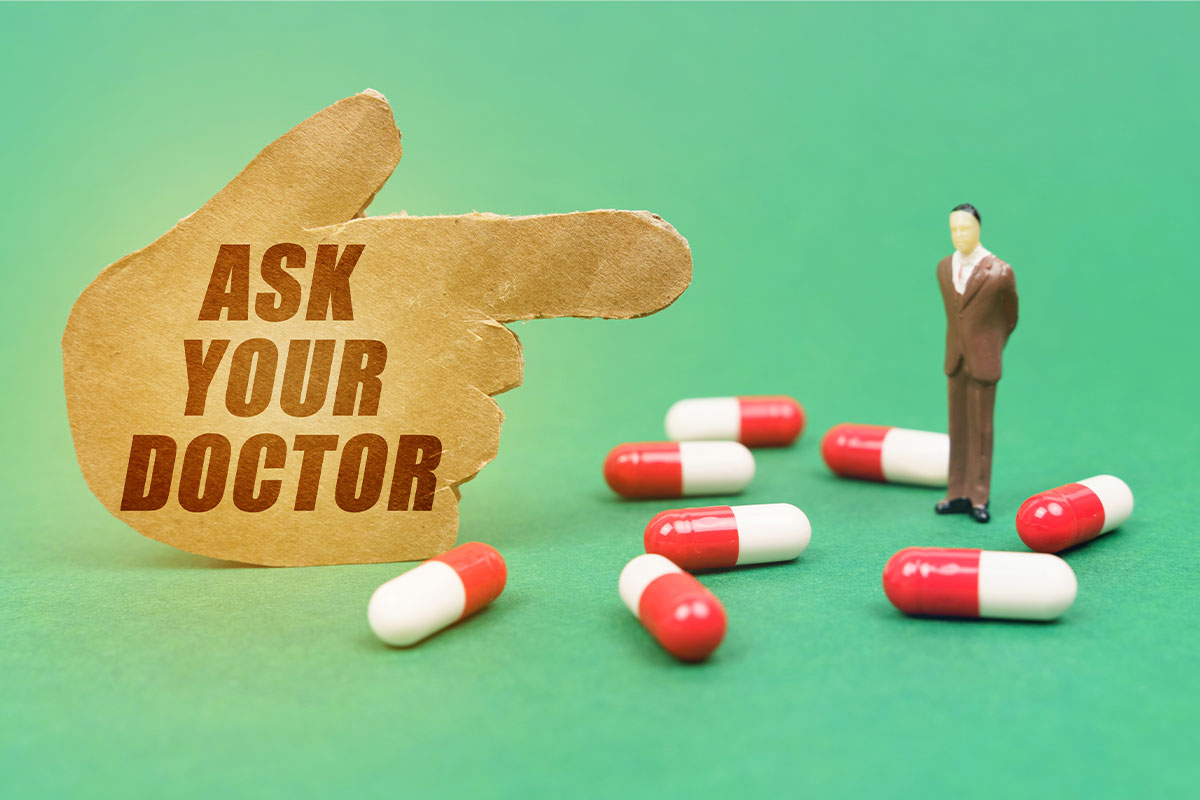
24
Oct
What you need to know about fatty liver disease

Fatty liver disease, as the name suggests, is associated with your liver. Though it is very common among western regions, still it is a matter of concern for you.
The reason being, if it develops complications, then it can be life-threatening. In the earlier stages, you may not develop severe symptoms. Mere fatigue or discomfort in the upper right abdomen are a few signs.
These symptoms are quite common in case of any other ill conditions. So, this can be one reason why it does not get diagnosed in the starting phases.
Although it can lead to serious health problems, fatty liver disease may not cause any noticeable symptoms and often goes undetected. Most people discover they have fatty liver disease after having liver tests for another condition or unrelated symptom.
There are two main types of fatty liver disease: nonalcoholic fatty liver disease (NAFLD) and alcoholic fatty liver disease. Each type has different causes and risk factors, but both can lead to severe liver damage or liver disease if left untreated.
Why the type of fatty liver disease matters
At Triborough GI we know that distinguishing between simple fatty liver and NASH is important. Why?
Because for most people, having a simple fatty liver doesn’t cause sickness related to the liver, whereas those with NASH have inflammation and injury to their liver cells. This increases the risk of progression to more serious conditions like fibrosis (scarring) of the liver, cirrhosis, and liver cancer. NASH cirrhosis is expected to be the number one reason for liver transplant within the next year. Luckily, most people with NAFLD have simple fatty liver and not NASH; it is estimated that 3% to 7% of the US population has NASH.
It takes a liver biopsy to know if a person has a simple fatty liver or NASH. But the possible (though infrequent) complications and cost of a liver biopsy make this impractical to do for everyone with NAFLD.
Scientists are trying to find noninvasive ways to identify who is at the greatest risk for fibrosis, and thus who should go on to have a liver biopsy. Possible approaches include biomarkers and scoring systems based on blood tests (such as the NAFLD fibrosis score and Fibrosis-4 index), as well as elastography (a technology that uses soundwaves to estimate fibrosis based on the stiffness of the liver).
How does the liver situation get worse?
If you don’t get treatment for the disease, it can get worse eventually. But how exactly do the conditions turn bad? Let’s understand it.
The excess fat present in your liver can lead to inflammation. This, later on, leads to scar tissue development or cirrhosis in your liver. It happens due to inflammation.
In response to it, your liver tries to halt inflammation. The situation produces scarring areas or fibrosis. If the infection spreads, then it starts to damage other healthy tissues in your liver.
This health condition can further lead to:
- Fluid build-up in the abdominal areas
- Confusion, drowsy feelings, & slurred speech
- Swelling, rupture, & bleeding in esophagus veins
- Liver cancer
- Liver failure
Possible clinical treatments
By good dietary and lifestyle measures, fatty liver disease can be completely cured if it’s in an early stage. Reducing weight is another solution. This is how you can cut down fat deposition and inflammation. You can lose extra weight by natural remedies or can also undergo weight loss surgery.
Studies have revealed some role of Vitamin E, Omega-3 fatty acids, and Pioglitazone in the reversal of fatty liver disease. So, you can consult your doctor at Triborough GI regarding these medicines. If the complications prevail, then it can lead to cirrhosis or even liver failure. In such critical conditions, you might also need liver transplant surgery.
So, these were the limited fatty liver disease treatments you can consult with your healthcare specialist at Triborough GI.
Keeping your liver healthy
If you have been diagnosed with fatty liver disease, it is important to keep your liver as healthy as possible and avoid anything that can damage your liver. Here are some important things you should do.
- Don’t drink too much alcohol. How much is too much remains controversial, but it’s probably best to avoid alcohol completely.
- Make sure that none of your medications, herbs, and supplements are toxic to the liver. Even acetaminophen (the generic ingredient in Tylenol and some cold medicines) may be harmful if you take too much for too long, especially if you have liver disease or drink alcohol heavily.
- Get vaccinated to protect against liver viruses hepatitis A and B.
- Control other health conditions that might also affect your liver, and check with your doctor if you might have other underlying, treatable diseases contributing to your fatty liver.
- Get regular screening tests for liver cancer if you already have cirrhosis.

